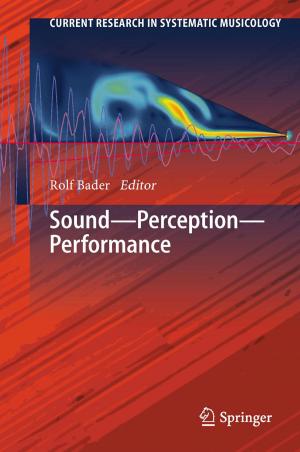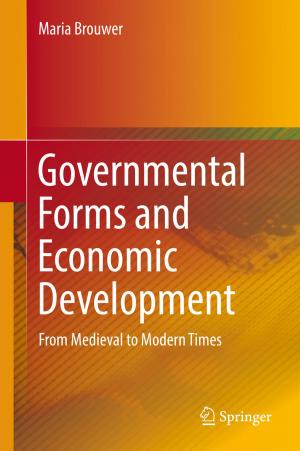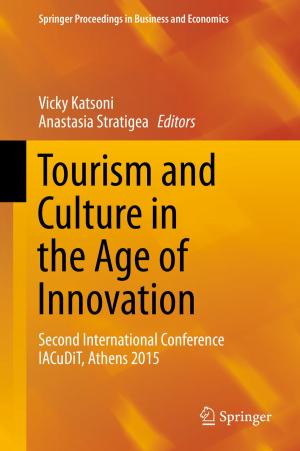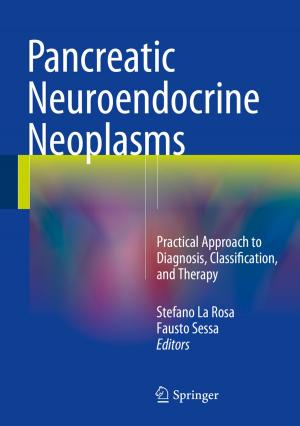Mapping out the Research Field of Adult Education and Learning
Nonfiction, Reference & Language, Education & Teaching, Educational Theory, Adult & Continuing Education, Educational Reform| Author: | ISBN: | 9783030109462 | |
| Publisher: | Springer International Publishing | Publication: | May 22, 2019 |
| Imprint: | Springer | Language: | English |
| Author: | |
| ISBN: | 9783030109462 |
| Publisher: | Springer International Publishing |
| Publication: | May 22, 2019 |
| Imprint: | Springer |
| Language: | English |
This book discusses the current state of the art in research on the education and learning of adults, and how such research has been transformed through contemporary policy and research practices. Gathering contributions from leading experts in the field, the book draws on previous research, as well as new findings in order to provide a map of this research field and its contemporary history.
The chapters address a number of questions, including: What constitutes this research field? What theories and methodologies dominate within the field? What “invisible colleges” are active in shaping this academic field, in marking out its contours and in transforming its contemporary battle zones? Who is publishing in the field and who is deemed worth citing? What is the relationship between the shift in state policy on adult education and the research that is conducted on the education and learning of adults? How has the research field changed over time in various western countries? What do these meta-reflections of the field tell us about possible future research endeavours?
Rather than speaking from within the field, this is a book about the research field. The diversity of the chapters provide a fascinating resource for anyone interested in research on the education and learning of adults.
This book discusses the current state of the art in research on the education and learning of adults, and how such research has been transformed through contemporary policy and research practices. Gathering contributions from leading experts in the field, the book draws on previous research, as well as new findings in order to provide a map of this research field and its contemporary history.
The chapters address a number of questions, including: What constitutes this research field? What theories and methodologies dominate within the field? What “invisible colleges” are active in shaping this academic field, in marking out its contours and in transforming its contemporary battle zones? Who is publishing in the field and who is deemed worth citing? What is the relationship between the shift in state policy on adult education and the research that is conducted on the education and learning of adults? How has the research field changed over time in various western countries? What do these meta-reflections of the field tell us about possible future research endeavours?
Rather than speaking from within the field, this is a book about the research field. The diversity of the chapters provide a fascinating resource for anyone interested in research on the education and learning of adults.















